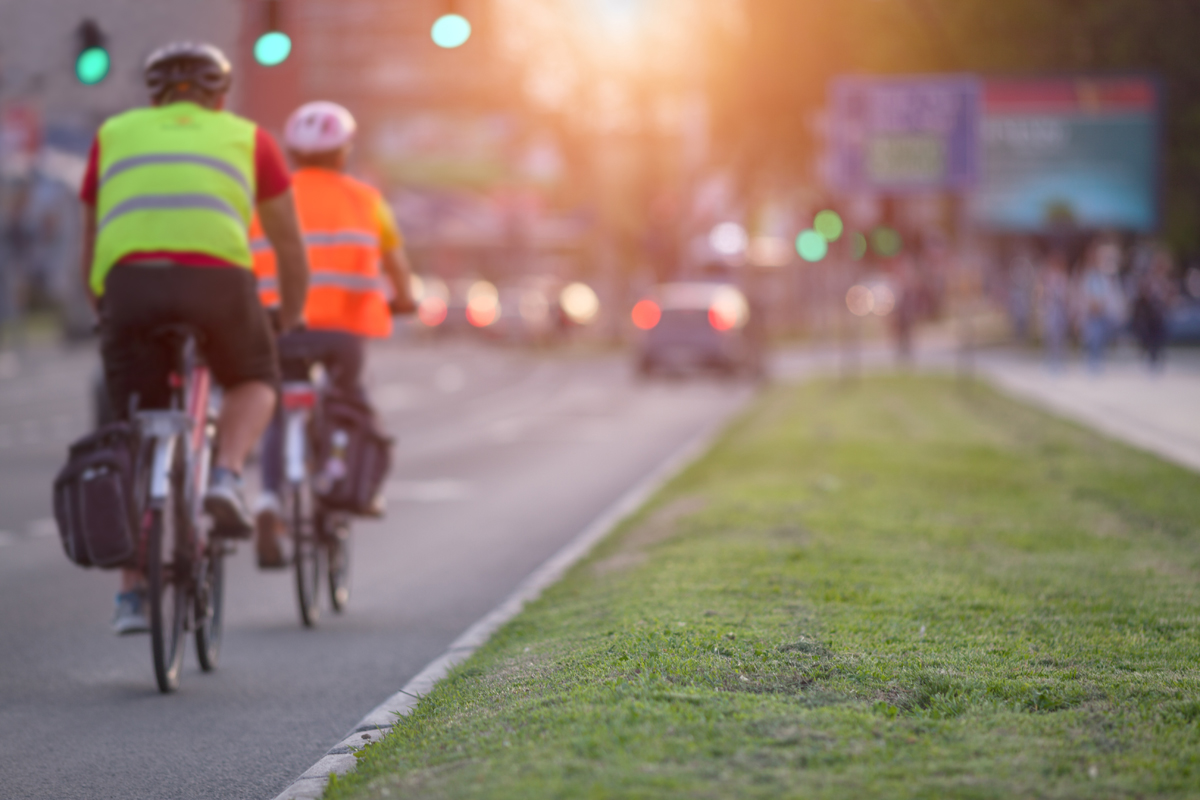The Local newsletter is your free, daily guide to life in Colorado. For locals, by locals.
Last week, Governor John Hickenlooper announced a $100 million plan to make Colorado “the best state for biking.”
The plan is a welcomed one for residents; while many consider Denver a bike-friendly city, two-wheeling commuters and longtime locals know the metro area has room for improvement. Hickenlooper says the four-year initiative—dubbed the Colorado Pedals Project—will fuel the state’s economic growth and tourism, benefit the environment, and help cement Colorado’s status as one of the healthiest states in America. Want specifics? Here’s a breakdown of where the money will come from:

- $30 million will come from Great Outdoor’s Colorado’s initiative for trail connectivity through grants that help develop bike and pedestrian infrastructure.
- A whopping $60 million will come from the Colorado Department of Transportation (CDOT) and federal Transportation Alternatives Program and Congestion Mitigation and Air Quality Improvement Program funds. These programs support pedestrian and bicycle infrastructure projects as alternative forms of transportation and as a reduction of vehicle emissions.
- The last $10 million, which also comes from CDOT, goes toward maintaining and building upon Colorado’s Safe Routes to School program. The 10-year-old program promotes healthy transportation options and funds education and infrastructure for students.
Of the total $100 million, about 70 percent will come from CDOT, which in the past has had tough regulations for bike paths. However, under the new executive director Shailen Bhatt, the department is offering more support for bike innovation.
The Colorado Pedals Project should ensure that planners, engineers, transportation managers, and government leaders will prioritize bike routes that are safe, well marked, and continuous. While this most likely won’t lead to bike lanes on every street, the goal is to make bicycling an easier and more appealing choice for Coloradans and tourists, says Tim Blumenthal, president of People for Bikes, a local organization that promotes the benefits of bike riding.
(Check out a historical tour of the Mile High City by bike)
In addition to changes on the road, trails will be catalogued and connected through an expansive greenway trail system that will connect urban wildlife refuges and parks around the Denver area. This expansion will eventually include a cycling route to Rocky Mountain National Park. Hickenlooper hopes that if his plan comes together, Colorado will become a destination for cycling tourism, and our state’s economy will reap the benefits.
Hickenlooper says the plan is to get the department to cooperate with other organizations, such as Bicycle Colorado, GOCO, and the Department of Local Affairs, to make projects and grants more efficient. Here’s to hoping that $100 million in biking is a worthwhile investment for Colorado.








